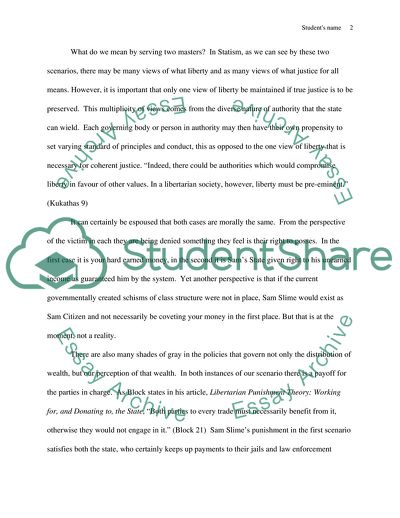Cite this document
(The Idea of Liberty in Sam Slime Case Coursework, n.d.)
The Idea of Liberty in Sam Slime Case Coursework. https://studentshare.org/law/1721688-sam-slime
The Idea of Liberty in Sam Slime Case Coursework. https://studentshare.org/law/1721688-sam-slime
(The Idea of Liberty in Sam Slime Case Coursework)
The Idea of Liberty in Sam Slime Case Coursework. https://studentshare.org/law/1721688-sam-slime.
The Idea of Liberty in Sam Slime Case Coursework. https://studentshare.org/law/1721688-sam-slime.
“The Idea of Liberty in Sam Slime Case Coursework”. https://studentshare.org/law/1721688-sam-slime.


